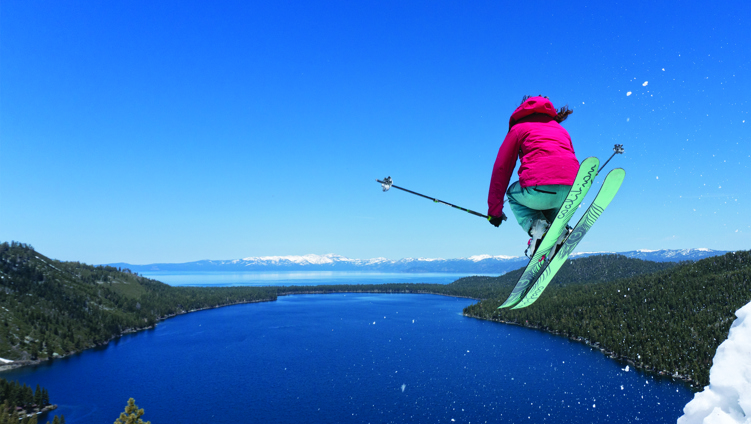Published on 2nd March 2023
When John Downes heard about the chance to pay for a weekend away with the option of having his phone taken from him, he was taken aback by how much excitement it brought. So he decided to try it.
When John Downes heard about the chance to pay for a weekend away with the option of having his phone taken from him, he was taken aback by how much excitement it brought. So he decided to try it.

